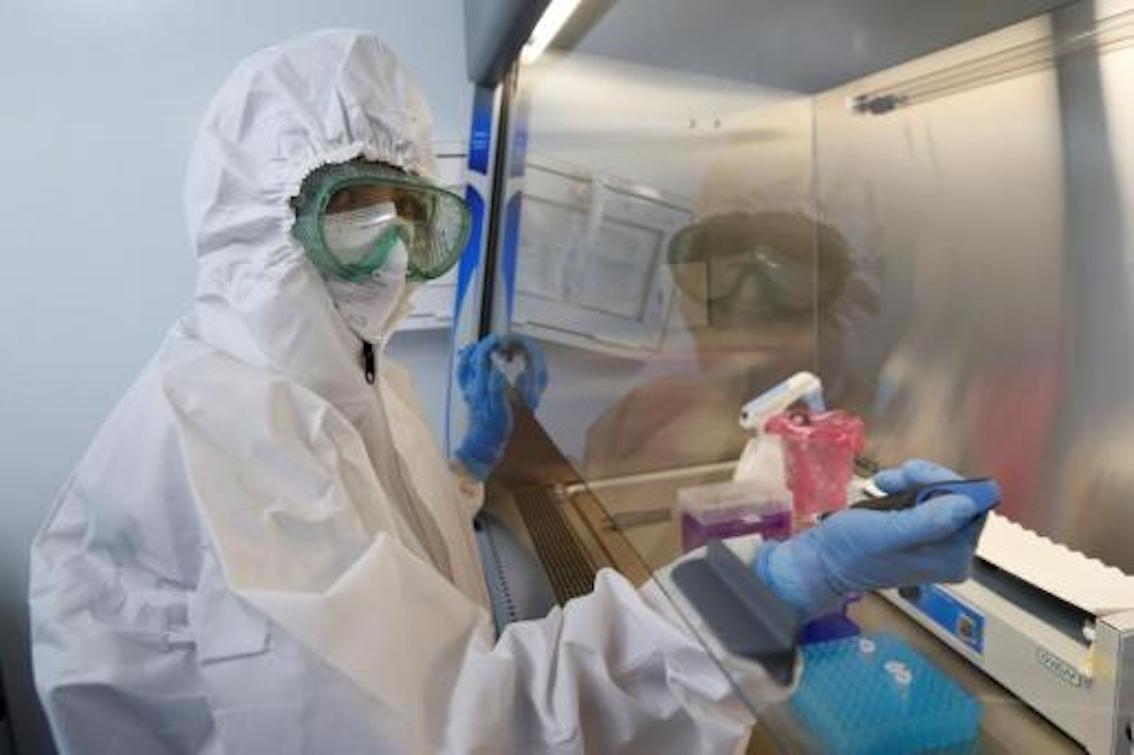“Health authorities know that there are more cases of the British variant but they've not been officially notified,” he said. “The two South African cases are people who travelled from South Africa and in principle should not produce any secondary cases."
“The person with the Brazilian strain comes from Manaus which is one of the places with the highest incidence in Brazil," he adds. "That person was identified at the airport on arrival in Spain, quarantined and samples taken and in principle, the Brazilian strain should not have been transmitted to our country, because this person had a negative PCR result prior to his trip and was not in a high risk phase of transmission.”
Dr Simón has also warned of a "progressive increase" in sequencing in which the detection of coronavirus protein S, the mutant in the British variant, fails to show. "But these errors occur in less than 1 percent of cases in some Autonomous Communities and 50 percent in others. We have a very important variability, which still does not allow us to identify this failure as a marker of the variant.”
He also warned that although the pandemic is in a period of decline, the incidence rate of 667 cases per 100,000 inhabitants in the last two weeks is still very high.
"Although the trend is favourable we are not at low risk levels, we are still at very, very high levels,” he said. "In the coming days the downward trend will continue but right now practically all Autonomous Communities, except the Canary Islands, are in a very, very high risk situation,” he added. “The data is slightly lower in terms of ICU occupancy compared to last week, but we are still under enormous pressure with 43% occupancy nationwide.”
Dr Simón says the possibility of a fourth wave of the pandemic cannot be ruled out.
“If there is a fourth wave more people will be immune because every week 400,000 people are receiving at least one dose of the vaccine, so the probability of a fast fourth wave is decreasing,” he said. “It’s more likely that we’ll have a smaller, much slower wave, which gives us room to take action.”


No comments
To be able to write a comment, you have to be registered and logged in
Currently there are no comments.